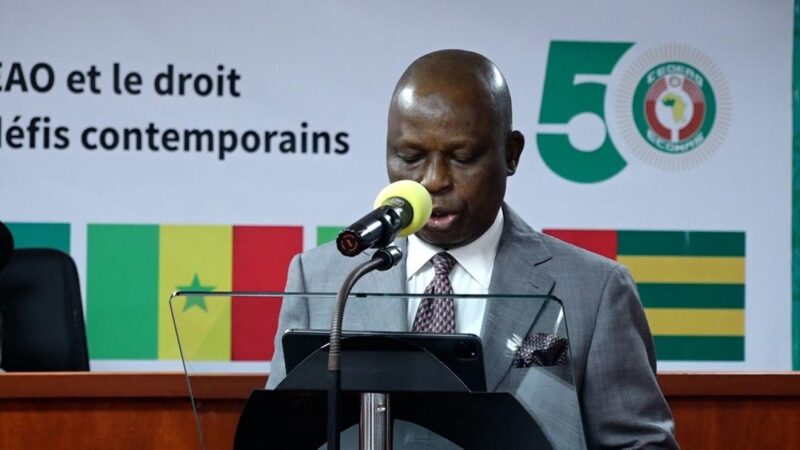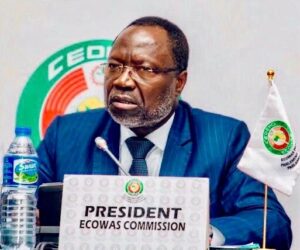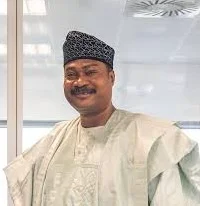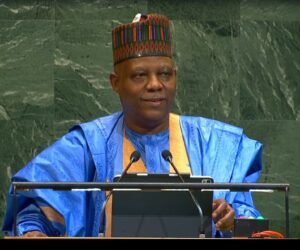By Mark Longyen
Nigeria on Thursday in Abuja called for reforms in the ECOWAS Court of Justice to enhance community citizens’ access to justice, and address other contemporary challenges.
The Attorney-General of the Federation , Lateef Fagbemi, SAN, stated this during the ECOWAS Court’s 2025/2026 Legal Year celebration, with theme : “ECOWAS Court and International Law: Expanding Access and Navigating Contemporary Challenges.”
The News Agency of Nigeria (NAN) reports that the Community Court holds its Legal Year annually, which provides a unique opportunity to reflect on its achievements, challenges, and future prospects.
The celebration also serves as a forum for dialogue with stakeholders, including ECOWAS institutions, member states, national courts, bar associations, academics, civil society and development partners.
“Nigeria remains steadfast in its support for the ECOWAS Court of Justice. As the host nation, we recognise the Court’s pivotal role in promoting regional stability, economic integration, and human rights.
“We are committed to working with member states to enhance the Court’s effectiveness, independence, and accessibility.
“In my capacity as Attorney General of the Federation, I pledge to continue advocating for legal reforms that align domestic laws with regional obligations, while also ensuring that such decisions respect our constitutional order and national law.”
Fagbemi described the event’s theme as “timely and profound,” and an occasion to reflect on the court’s evolving role as a bridge between national legal systems and international norms.
He said the ceremony was also an opportunity to reaffirm shared commitment to justice, integration, and rule of law, adding that the court is the bloc’s guardian of rights and obligations.
“The ECOWAS Court of Justice is a vital institution in the development of international law within West Africa, while the legal year ceremony offers us the opportunity to examine some of the complex and transnational challenges confronting us.
“The Court must therefore be equipped to interpret international laws in ways that protect digital freedoms while respecting national security concerns,” he said.
The minister also urged ECOWAS member states to pursue uniformity in legal standards, enforcement reciprocity, and fair review of judicial performance to address myriad challenges and enhance access to justice.
According to him, ECOWAS’ legal space must not be a patchwork of divergent systems but a harmonised framework that promotes credibility, fairness, and mutual respect.
Fagbemi urged the court to adopt best practises from other regional courts and tribunals, like the European Court of Human Rights, the East African Court of Justice, and the Inter-American Court on Human Rights.
“These institutions offer valuable lessons in transparency, prosperity, innovation, judicial independence, and public opinion. You will all agree with me that comparative learning is not imitation. It is evolution.
“By studying how other regional courts manage appellate review, enforce judgments, engage with civil society, and balance sovereignty with supranational authority, the ECOWAS Court can refine its own processes and strengthen its data,” he said.
While acknowledging ECOWAS’s ongoing initiatives, he urged the Court to institutionalise Alternative Dispute Resolution (ADR) mechanisms to expand access to justice, and promote awareness across member states.
“In doing so, it will not only reduce the burden on formal proceedings but also foster a more inclusive and responsive justice system, one that reflects the diverse realities of our region,” he said.
The minister further urged the court to complement the Intergovernmental Action Group Against Money Laundering in West Africa, GIABA’s anti-corrupt, anti-money laundering, and counter-terrorism financing efforts.
“The ECOWAS Court must continue to interpret and enforce legal standards and complement GIABA’s efforts, ensuring that justice systems are not exploited by criminal networks and that financial integrity is preserved across the region,” he added.
Justice Komba Kamanda, Sierra Leone’s Chief Justice and Chairman, ECOWAS Judicial Council, said that he was already working alongside his colleagues on the possibility of creating an ECOWAS Court of Appeal.
He said the council was already considering updating the procedural rules, to address the challenges of enforcing ECOWAS Court judgements, and deepening the relationship between the court and the council.
“We should also not lose sight of the fact that we need to take the court to the people in the region to get them to understand the nature and workings of the ECOWAS court through deliberate outreach programmes,” he said.(NAN)
Edited by Sadiya Hamza
Published By
- Agriculture and Environment Desk Controller/Website Content Manager.








